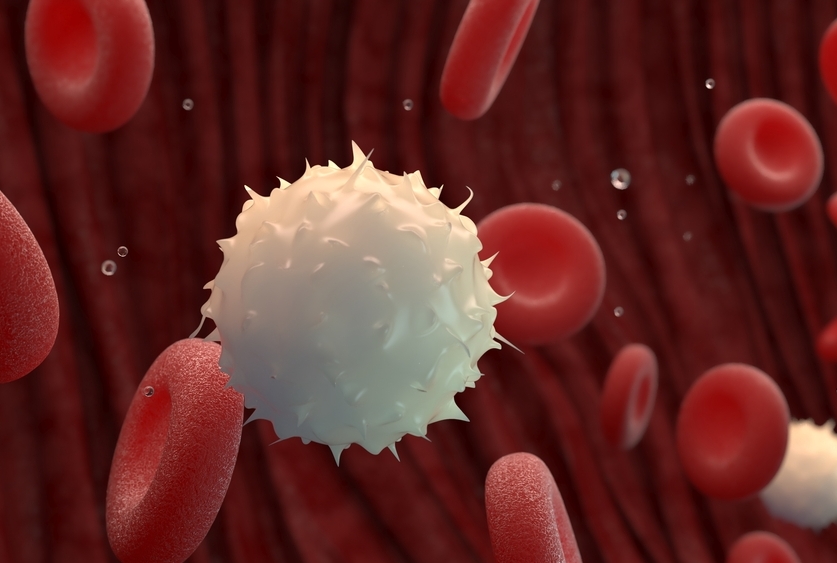
A protein that masterminds the way DNA is wrapped within chromosomes has a major role in the healthy functioning of blood stem cells, which produce all blood cells in the body, according to a new study from researchers at Weill Cornell Medicine.
The protein, known as histone H3.3, organizes the spool-like structures around which DNA is wrapped in plants, animals and most other organisms. Histones enable DNA to be tightly compacted, and serve as platforms for small chemical modifications – known as epigenetic modifications – that can loosen or tighten the wrapped DNA to control local gene activity.
The study, which appeared Dec. 27 in Nature Cell Biology, examined H3...
Read More





Recent Comments